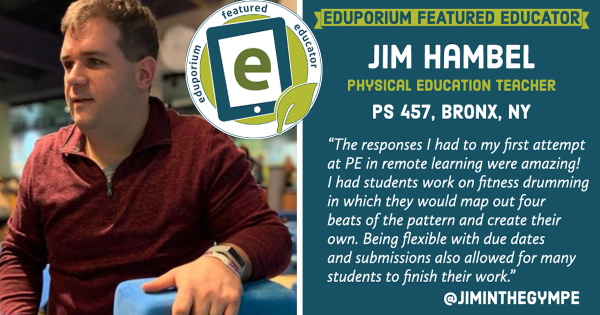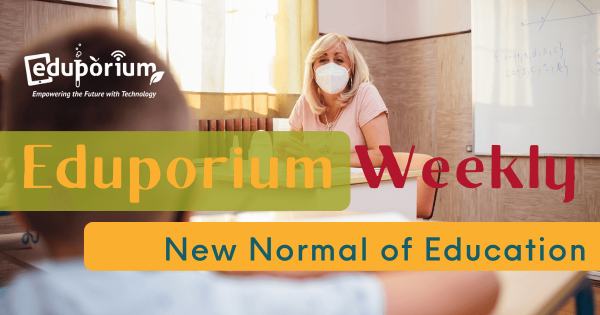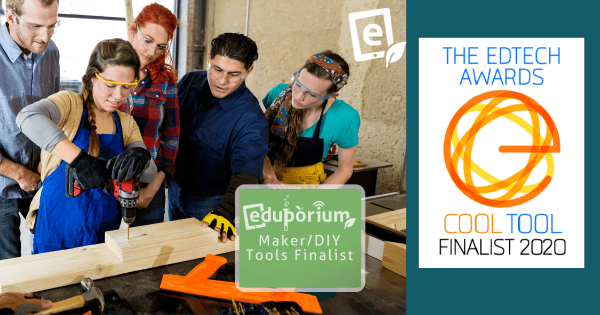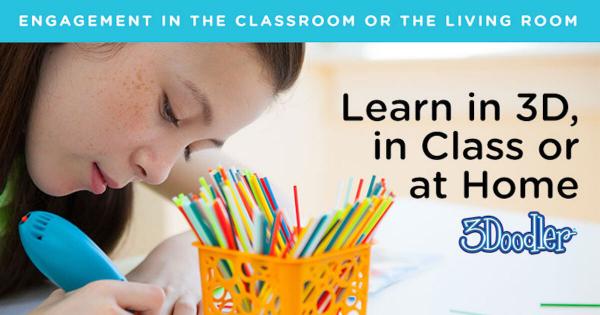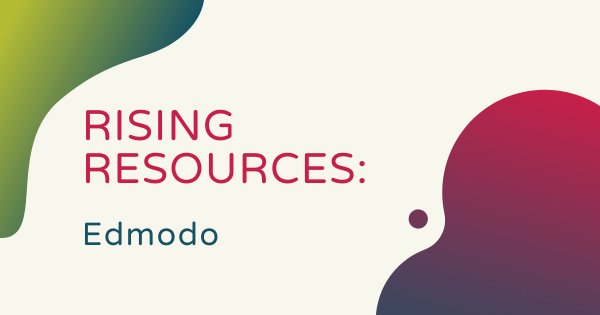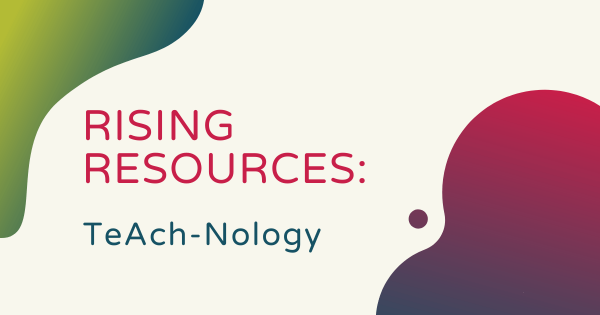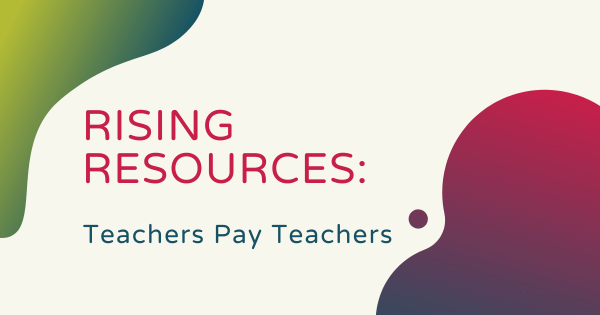This month, Jim shares his thoughts and experiences with teaching PE remotely and, if not, no worries—you can learn about his creativity in this post as well! Like almost everybody else, Jim had to adapt his teaching style to accommodate distance learning and he definitely found some success with what he tried. Keep reading to learn more about him!
Teaching
Across today's schools, innovation meets inspiration and curiosity sparks boundless learning. In our STEM-focused education world, teaching will often be a truly exhilarating journey—even more so when fueled by key principles of science, technology, engineering, and math. In a 21st-century classroom, educators serve as navigators, igniting flames of inquiry and guiding children through intricate pathways of discovery. These days, each lesson is often a blend of hands-on experimentation, collaborative problem-solving, and critical thinking exercises. By implementing these teaching styles, teachers often better prepare the next generation of innovators and problem solvers. STEAM-focused educators in today's classrooms not only convey knowledge, but also facilitate exploration, encourage students to ask questions, challenge assumptions, and explore the world around them.
From coding and robotics to environmental science and mathematics, modern curricula are diverse and adaptive, mirroring the landscape of STEM. In a K-12 classroom, failure is not feared, but celebrated as a stepping stone towards greater understanding. Through trial and error, students learn resilience, perseverance, and that success can arise from perseverance in the face of challenges. Today's instructors beautifully understand this importance of their role in fostering inclusion and diversity in STEM fields. With teaching practices that prioritize equitable access to resources and opportunities, teachers can ensure kids feel empowered to pursue passions and contribute to their STEAM community. Explore the content on inspirational teaching approaches below to help unlock authentic growth in students. Together, we can inspire the next generation of scientists, engineers, and innovators to succeed.
-
Eduporium CEO on BLM March: It’s a Teaching Opportunity
For Rick, participating in something of so much significance provided a great teaching opportunity for him and a great learning opportunity for his two young children. Shortly after the march, Rick spoke with a reporter from the Boston Business Journal and they published the dialogue of the interview earlier this week. -
Eduporium Weekly | Navigating The New Normal Of Education
We are uncertain about the long-term academic and social effects that this huge distance learning experiment will have on children and, of course, the emotional effects this has all had on countless K–12 educators. Even more so, in many states, they are simply uncertain about whether or not schools will be able to reopen in the fall and it’s not -
Eduporium A Finalist for EdTech Digest's 2020 EdTech Awards
Writers from the educational publication, EdTech Digest, announced last week the finalists and winners for all sorts of various categories in EdTech excellence. Eduporium was selected as one of five finalists in the exciting Maker/DIY Tools Solution category, underscoring their commitment to providing K-12 educators with hands-on STEAM solutions. -
Guest Blog: Distance Between Special Ed Kids And Teachers
I am Amrapali Sharma and, as a longtime special education teacher, I often use an IEP (individualized education program) that I’d drawn up for each of my students, keeping in mind their current abilities, and including some set of reasonable goals we want them to work towards. Given what we’re now facing, a lot of that has gotten more challenging. -
Rising Resources | Edmodo Learning Management System
If you’ve worked in the classroom, attended EdTech conferences, or kept up to date with the latest happenings in the technology world, then there’s a pretty good chance you’ve heard of Edmodo. There’s also a pretty good chance you’ve already used it with your students. But, if not, you can learn all about it in this week’s Rising Resources blog! -
Rising Resources | TeAch-nology Platform
As part of our Rising Resources blog series, we’re taking a look at some of the world’s most helpful resources for educators and telling you what you need to know. For this week’s blog, we checked out a resource called TeAch-nology. Essentially, TeAch-nology is a service that provides educators with thousands of resources that make everything easier. -
Rising Resources | Teachers Pay Teachers
Wouldn’t it be great if teachers could make more money than they do? Well, until that happens, there are, in fact, some ways they can do just that, including using the site that’s the subject of this Rising Resources blog, Teachers Pay Teachers! There’s no doubt that TPT has become a staple in the lives of many of today’s educators -
Eduporium Weekly | Future-Proofing Students and Learning
As long as kids remain curious and are given the opportunity to explore all areas of innovation, they’re going to be more capable of thriving in the future. Keep reading to discover how educators can leverage technology, PBL, and the promise of future success to provide their students with skills that will be useful to them for years to come.




